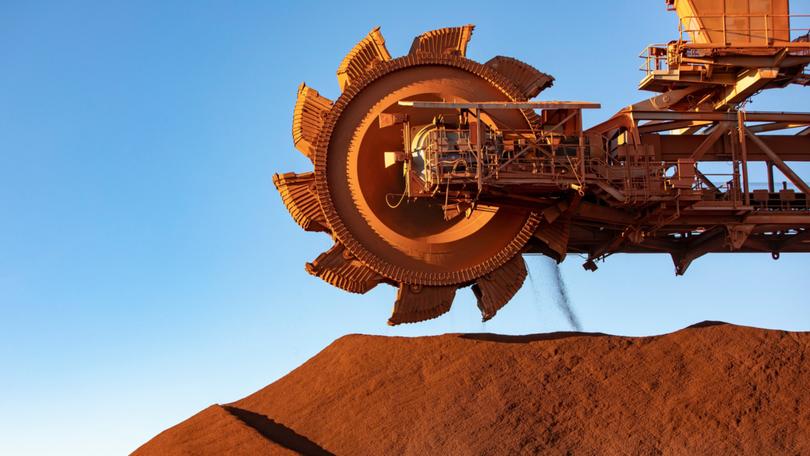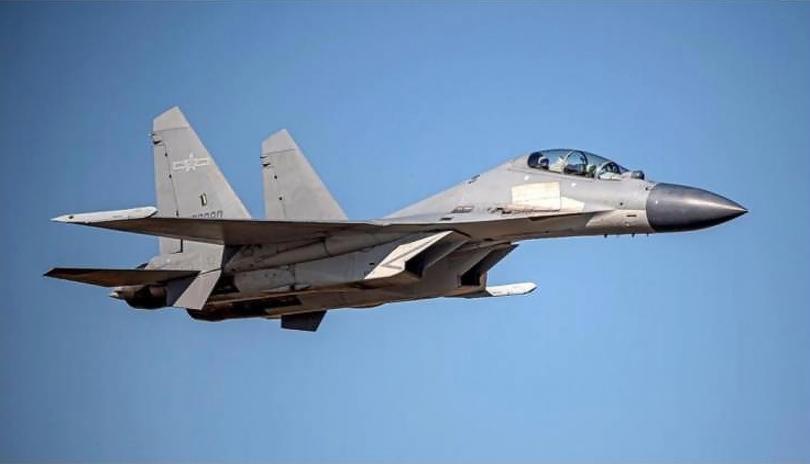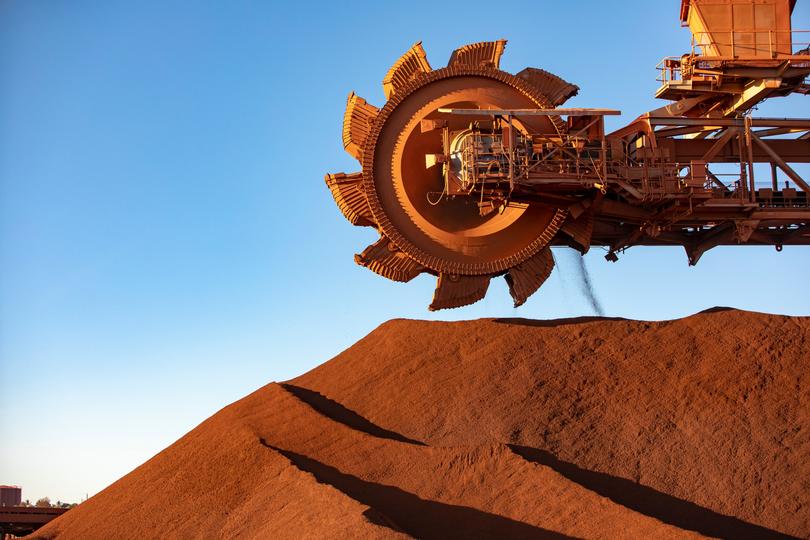UK politician urges Australia to cut iron ore exports to China
The UK’s Indo-Pacific Minister says Australia should reconsider cutting iron ore exports to China.

The UK’s Indo-Pacific Minister Anne-Marie Trevelyan says Australia should reconsider reducing iron ore exports to China, as one way of punishing Beijing for its continued hostile behaviour towards the Australian military.
Earlier this month, a Chinese fighter pilot dropped flares in front of an Australian helicopter pilot who was working on a United Nations mission to enforce sanctions against North Korea.
It follows a similar incident last year when a Chinese warship sent sonar pulses at Australian navy divers operating off HMAS Toowoomba in the South China Sea, prompting warnings that Australian military personnel could be killed if China doesn’t stop.
Sign up to The Nightly's newsletters.
Get the first look at the digital newspaper, curated daily stories and breaking headlines delivered to your inbox.
By continuing you agree to our Terms and Privacy Policy.Australia has condemned the behaviour as “unprofessional and unsafe,” but the reaction has failed to dent the Chinese military’s increasing aggression in the region, including against Taiwan and the Philippines.
Asked by The Nightly, what countries could do to deter Beijing, Ms Trevelyan said Australia had leverage over China that it could use to try and force Beijing to stop its “aggressive and coercive” behaviour.
“Every nation has a number of tools in their armoury to use,” she said.

“China desperately needs all that iron ore, and it’s a really important part of Western Australia’s economy.
“The question of whether they wanted to hold it back and do some of the processing themselves and therefore, halve the value, give less value to China.
“As countries we have to challenge ourselves whether the pain that we would take domestically is one that we’re willing to do because we are going to stand up to anyone who might wish break some of those really fundamental rules-based order.”
Australia is the world’s largest iron ore producer and China accounts for more than 80 per cent of Australia’s iron ore exports. In 2022, 65 per cent of the 1.1 billion tonnes of iron ore China bought came from Australia. This was in the same year China imposed massive tariffs on other Australian imports such as barley and wine, in retaliation for Australia’s call for an inquiry into the origins of COVID.
The gross value added of Australia’s iron ore industry has consistently exceeded $130b since 2017, according to Statista. It is Australia’s largest export and reaps billions for the Federal Budget.
But China’s economic slowdown has already started to see the record-high prices it pays for iron ore recede.

Speaking separately and also in response to The Nightly, the United States former deputy national security adviser Matthew Pottinger said the world needed to impose costs on China.
“One of the things we have to do is both keep a hot spotlight on Beijing’s coercive activities,” he said at the London-based think tank Policy Exchange.
“Always impose a counter-cost. Newton’s Law, for every action there will be an equal opposite or more than equal response.”
He said the world had more leverage than it realised because it could choke China’s economy with its own buying choices.
“China accounts for only one-tenth of global demand but one-third of global manufacturing,” he said.
“That means we have the leverage, as long as we impose costs that make it much harder for China to thrive and parasitically … on our markets.
“If China is attacking our security and prosperity, we need to attack China’s strategy and China’s strategy will amount to nothing if they don’t have an economy capable of providing material support to Iran and its terrorist proxies or Vladimir Putin and his war machine.”
Mr Pottinger said China’s economic slowdown meant President Xi Jinping was using the rest of the world to absorb the oversupply of goods being produced in China such as solar panels and electric vehicles.
This prompted the Biden Administration to impose 100 per cent tariffs on electric vehicles this week, and a range of duties on other goods.
Mr Pottinger, who served under Donald Trump, endorsed the measures.
“We can actually put the Chinese economy into a stranglehold,” he said.
Pottinger added that the West was suffering a “collapse of deterrence” started by the fall of Afghanistan, which he said he believed gave Mr Putin the confidence to invade Ukraine.
